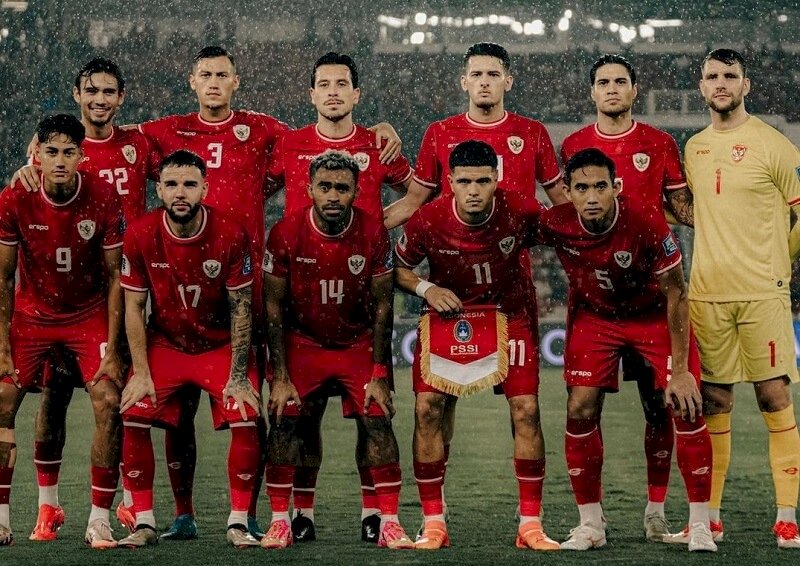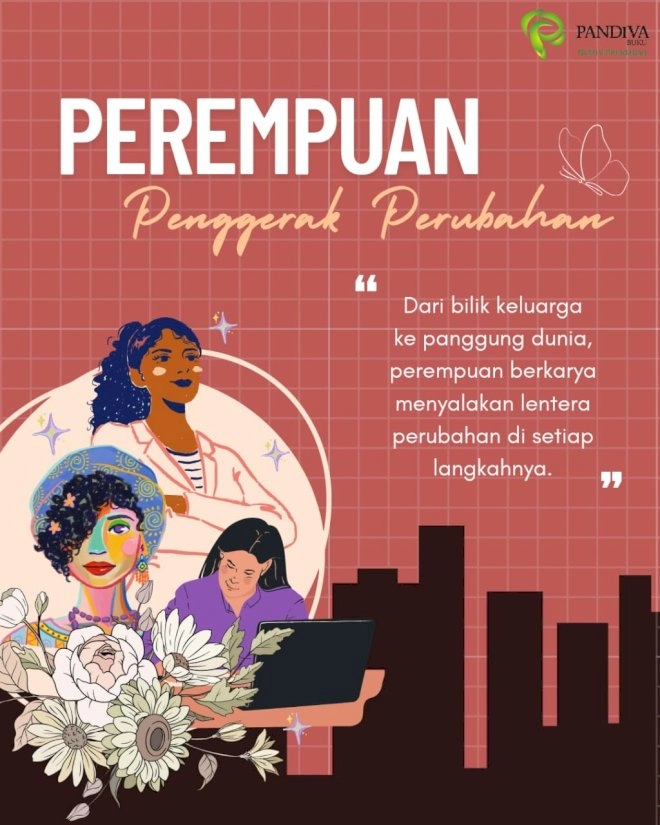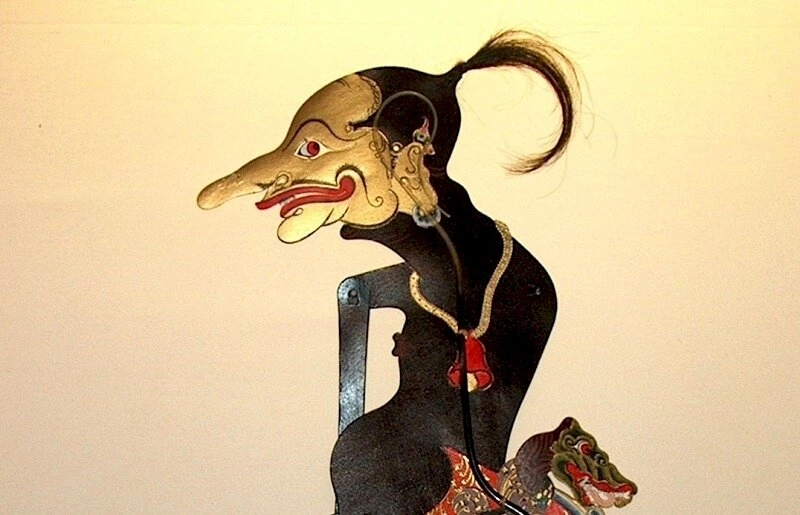

Kita Garuda, A New Interpretation of Nationalism
/ Opini
The return of diaspora players to their homeland has succeeded in building new hopes for Indonesian football's existence on the world stage.
Arif Giyanto
Chairman of Pandiva
That night, the atmosphere at the Gelora Bung Karno Stadium felt out of control. The Indonesian national team was defeated by Japan with a fantastic score of 4-0. The supporters were disappointed even though Japan was superior on paper. They doubt whether Indonesia will fail to qualify for the 2026 World Cup again, as happened previously.
In this complicated situation, Indonesian National Team Captain Jay Idzes gave a speech. He wholeheartedly assured supporters to continue providing support. Unexpectedly, Jay said very inspiring words.
“We are all Indonesia. We are all trying to defend the country.”
The fans screamed together. Their spirits were ignited by Jay's words. The defeat they had to accept that night was a valuable experience for looking at the match afterwards.
A huge energy wave came. When facing Saudi Arabia, GBK was still filled with supporters. They continuously sing and provide support to the Indonesian National Team. The match was over and Marselino's two goals recorded new history for Indonesian football.
After defeating Saudi Arabia, Jay Idzes gave another speech. This time, he seemed to prove his words about pride as a nation. He shouted, “No one believes in us but we believe!”
Optimism exploded. The entire soul of the Indonesian people believes that their proud national team will take part in the 2026 World Cup. An achievement that was felt to be impossible since this country was proclaimed its independence by Soekarno-Hatta on behalf of the Indonesian nation.
This phenomenon describes a new interpretation of nationalism, especially for the current generation. As is known, national identity is becoming increasingly difficult to emerge after the era of globalization has entered. Meanwhile, for Indonesian people, nationalism has never disappeared, but it has experienced ebbs and flows of interest according to the times.
Football is a strategic means to create pride as a nation in the form of hopes and opportunities to be able to appear in the prestigious 2026 World Cup. Indonesia's participation in the 2026 World Cup can trigger the interest of various countries in other Indonesian interests.
The Steep Path of Diaspora Players
The period of leadership of the PSSI football federation under Erick Thohir should be appreciated. He made every effort to advance Indonesian football. This long journey began with looking for diaspora players and then inviting them to return to their homeland and join the Indonesian national team.
Slowly but surely, Erick then directed the federation to increase youth development and competition. It didn't take long for the national football ecosystem to suddenly change drastically. Even though there are quite a lot of obstacles encountered, in general, the Indonesian football transformation movement is on the best path.
In the context of the role of diaspora players, apart from the naturalization process which requires stages that are not easy, their national identity simply because they were not born in Indonesia is also another crucial issue that cannot be ignored. Some think they are just ‘bule’ or foreigners who are just taking advantage of opportunities.
Let's read a book called Culture, Structure, and Beyond: Changing Identities and Social Positions of Immigrants and Their Children edited by Maurice Crul, Flip Lindo, and Ching Lin Pang. This book, published in 1999, discusses the issue of ethnicity of the second and the third generation Dutch Eurasian immigrants (or Indische Nederlanders), who arrived in the Netherlands as a result of the decolonisation process and the transformation of the former Dutch East-Indies into Indonesia.
Even though the Dutch Eurasian immigrants had the option to maintain and further develop their ethnic identity, while still maintaining the option to assimilate into mainstream society, the state's treatment of them was not always good, especially the first generation. Diaspora players were born and raised in this difficult situation. In the end they were able to 'equalize'. With much better conditions, it is natural that the newest generation is interested in knowing their national roots.
Kita Garuda
Whatever it is, Indonesia is currently struggling to get a ticket to qualify for the 2026 World Cup. This unity of spirit and hard work is represented in the term 'Kita Garuda’ (or We are Garuda). A national identity that is firmly embedded in various aspects of life, including football. The term ‘Garuda’ is taken from the national symbol ‘Garuda Pancasila’. A symbol of unifying the Indonesian nation in facing all challenges.
The term ‘Kita Garuda’ can be said to be the latest way of interpreting Indonesian nationalism. It is hoped that this interpretation will be able to encourage the struggle of all Indonesian people to fight together until the end. Struggle together, not individually. A great nation is a nation that is aware that every achievement is achieved by many parties working together, or in Indonesian terms it is called ‘gotong royong’.
Kita Garuda are also a form of honor for every individual who defends Indonesia in various sectors of life. Their contributions and achievements are recorded as important history of ‘Ibu Pertiwi’ which clearly has a big impact on the future.
Editor: Rahma Frida


